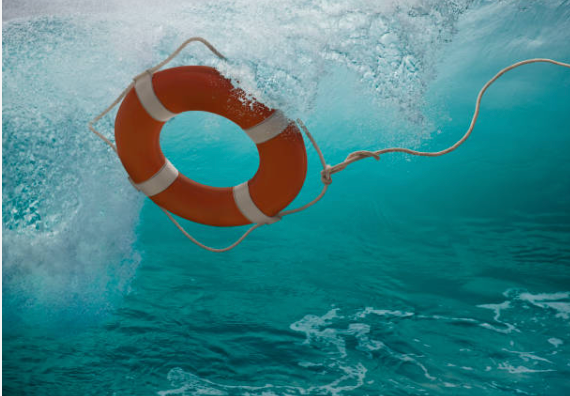When the weather heats up, many of us flock to pools, lakes, and beaches to cool off and have fun, it is what summer is all about after all! But while being in or near the water can be incredibly enjoyable, it also comes with risks that should never be underestimated. Water safety is not just for children, but for everyone. Knowing how to stay safe around water can prevent accidents, injuries, and even save lives.

The Importance of Water Safety
Ally Boynton
Why Water Safety Matters
I, Ally Boynton, was a competitive swimmer for 10 years and during that I spent a lot of my time teaching people of all ages how to swim and how to stay safe in the water. My biggest piece of advice was to do your best to learn how to swim, and stay calm in the event of an emergency, the water can smell fear I would say. During my time I learned that drowning is one of the leading causes of unintentional deaths worldwide, with thoughts of incidents reported every year. The tragic reality is that most water-related accidents are completely preventable. Whether you are swimming, boating or simply relaxing by the water, being aware of water safety guidelines significantly reduces the risk of emergencies.
Key Water Safety Tips: From A Red Cross Certified Lifeguard!
- 1. Learn to Swim!
- -Everyone, regardless of age, should learn basic swimming skills. Swimming lessons are a valuable investment, not only for personal safety but also for the safety of others.
- 2. Never Swim Alone
- -The "buddy system" is crucial. Always have someone nearby or with you, especially when swimming in natural waters like lakes or oceans where the conditions can change in an instant.
- 3. Pay Attention to Lifeguards and Warning Signs
- -If you're at a pool or beach with a lifeguard on duty, listen to their instructions. They are trained to spot danger before it becomes an emergency. Follow posted signs and flags that indicate water conditions. And if you are at a pool with a lifeguard make sure you are always in the sight of the lifeguard, take the allotted breaks and listen to their calls.
- 4. Use Life Jackets
- -Life jackets are not just for kids, they are essential for boating and any other water sport. Even strong swimmers should wear a life jacket as they could get tired, injured, or get caught in strong currents in unexpected waters.
- 5. Supervise Children Closely
- -Drowning can happen within seconds and often occurs silently. Always stay within arm's reach of young children and avoid distractions like phones when near water.
- 6. Know How to Respond in an Emergency
- -Learning CPR and basic First Aid can make the difference between life and death in a water emergency. To be safe, find a class near you that would educate you in basic emergency procedures.
Water Safety Isn’t Just for Swimmers
You don’t need to be in the water to be at risk. Slippery pool decks, unexpected waves or accidents on boats or docks can all lead to dangerous situations. Staying alert and practicing safety can prevent accidents for everyone, not just when you’re swimming, wading or even just relaxing by the shore.
Enjoy the Water Responsibly
Water activities are so much fun, I know it! They bring joy, exercise, and relaxation but they must always be approached with respect and awareness. By taking simple precautions, we can all enjoy the water safely and confidently!
